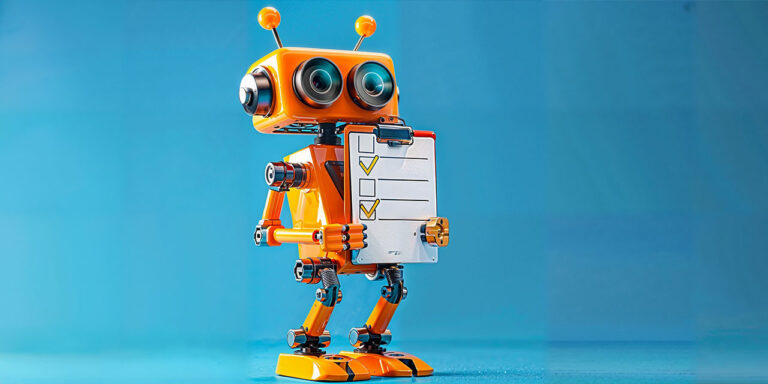Why should you care?
“I think we’re on the cusp of something exhilarating and terrifying.”
“It’s just a tool though, isn’t it?”
“No. It’s an alien life form.”
The quote above would be David Bowie arguing with a BBC reporter on the internet in 1999 (I should say “debating the internet”–arguing on the internet came later). It should not be lost on us that at one point in the near past, the internet was little more than a way for lazy nerds to avoid using the telephone or speaking to a real live girl. The concept that one day you might conceive of a business idea and sell products to people in Thailand would’ve left you looking like an insane person.
In much the same way, commercial drilling for oil meant only a handful of things in the mid 1800s. For instance, we didn’t need to kill a sperm whale to have light past sunset, and machines could suddenly have a cheaper supply of lubricant.
Both these examples show us something about humans: it’s difficult for us to understand downstream impacts of new technologies. In their time, the advent of the internet and oil production were seen as solutions to problems that few people even had. Meanwhile, both are examples of things that literally reshaped the entire planet and the species that live upon it.
NEW TECHNOLOGY, SAME STORY
Humans aren’t great at conceptualizing compounding results. Whether it’s saving for retirement or protecting against a virus, the idea that small things can grow very slowly and then suddenly all at once become massive things doesn’t make sense.
We are at yet another “all at once” moment in our history. It’s a story that’s no different than the discovery of fire, agriculture, factories, or the automobile. For decades computer power has been growing at a fairly good clip. Much like a toilet handle begins to run water as you press it down slightly, at some point with only a bit more pressure, it all happens. It would appear a great flush is upon us.
Every new technology is met with a predictable roadmap. First nobody cares, then people get quite afraid, they try to legislate it away, then it takes over. The current reaction to AI is something we can set our watch to, and I would argue if we compare it to technologies of the past, it’s very likely only going in one direction (and quickly).
PREPARING FOR THE GREAT FLUSH
The last 60 years or so of AI development has been the steady push down on the handle, and in the next few we’re probably going to see the “all at once” happen. As technology writer Ethan Mollick puts it, we could probably stop AI development today and still end up with a decade of incredible change around the world as people implement these systems.
But of course development isn’t stopping today. It will continue to expand at an unfathomable rate, meaning the amount of disruption (both good and bad) we’re likely to see will be staggering.
So when the flush arrives and your industry is turned on its ass, you’re going to want to be the one who has an understanding of what can be done, what can’t, and how best to move forward. By taking even a basic interest in it, there’s a very real chance you’ll be among the very few who’ll be able to do that.





